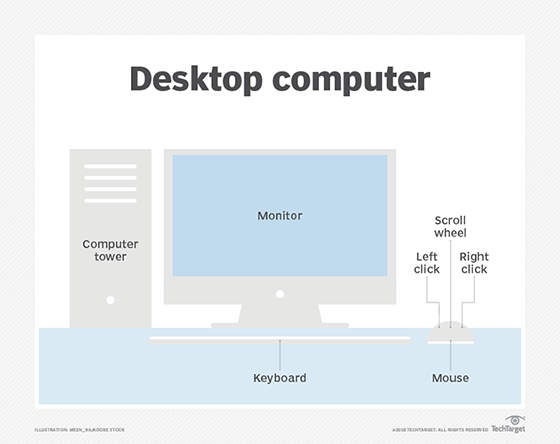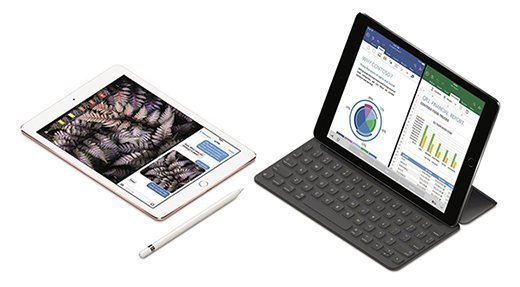general-purpose computer
What is a general-purpose computer?
A general-purpose computer is one that, given the application and required time, should be able to perform the most common computing tasks. Desktops, notebooks, smartphones and tablets, are all examples of general-purpose computers.
A general-purpose computer is made up of a central processing unit, memory, input/output devices and a bus connecting these components.
The term is used to differentiate general-purpose computers from other types, in particular the specialized embedded computers used in intelligent systems. Often, these are referred to as special-purpose computers.

General-purpose computer vs. special-purpose computer
Special-purpose computers are designed for one specific task or class of tasks and wouldn't be able to perform general computing tasks.
For example, a router is a special-purpose computer designed to move data around a network, while a general-purpose computer can be used for this task, as well as many others.
In the early days of computing, general-purpose computers were often referred to as general-purpose digital computers or general-purpose electronic computers.
What is the history of the general-purpose computer?
Electronic Numerical Integrator and Computer (ENIAC), designed and built in the 1940s, was the first general-purpose computer. ENIAC weighed 30 tons and covered an area of about 1,800 square feet. In contrast, a current smartphone weighs a few ounces and is small enough to slip into a pocket.
As computers have become more specialized, the term general-purpose computer started to be used to describe a wide range of devices that can perform general computing tasks.

Why use a general-purpose computer?
General-purpose computers can be used for a wide range of tasks and are also often more affordable than special-purpose computers, as they can be used for a variety of tasks.
This makes general-purpose computers more versatile and flexible. However, they are often not as efficient as special-purpose computers for specific tasks. For example, a general-purpose computer can play a video game, but it wouldn't necessarily be as good at this task as a dedicated gaming console, like a PlayStation or Xbox.
See also: computer hardware, commodity hardware, hardware vulnerability, computer, display, storage and supercomputer.